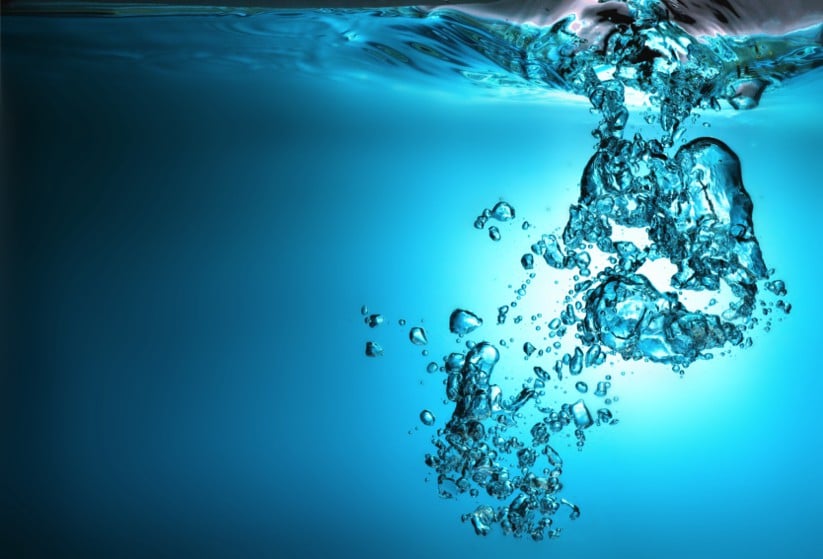
Nowadays our water pipes are made of copper, which releases small copper particles into our drinking water. The longer there is contact between the water pipe and the water, the higher the concentration of metal ions that are measured in the water. That is why it is good to always let the tap water flow through before you start drinking it. Copper in drinking water increases the amount of free copper in your body, which plays a role in the risk of Alzheimer’s and other neurological diseases.
Copper is a red-colored metal that is very flexible and conducts heat and electricity very well. It is widely used in its pure form or in alloys, for example, wiring, piping, electrical circuits and coins. Copper is commonly found in minerals in the Earth’s crust. There is also a lot of copper ore in some parts of the world. Copper is in the periodic table with symbol Cu and atomic number 29.
The WHO guidelines for drinking water quality stipulates that the concentration of copper in drinking water may not exceed 2.0 mg (milligrams) per liter. Only minimal natural concentrations of copper can be found in ground and surface water. Copper mainly ends up in our drinking water through copper pipes and indoor installations. It is used there for its antibacterial properties, among other things.
Copper in drinking water can sometimes be recognized by its metallic taste. Does your drinking water have a metallic taste? Then filter the tap water with ZeroWater. This improves the taste. Also use ZeroWater filtered water for making coffee and tea. This benefits the taste of these hot drinks.
Although copper is considered poisonous, humans require a certain amount of copper in their body. The estimated daily copper requirement is between 0.6 and 1.6 milligrams per day. However, the actual intake falls between 0.5 and 3.3 milligrams per day for most people. The greatest sources of copper intake are food and water. You take up to 1 milligram per day in pure tap water. Foods rich in copper include nuts, cocoa products, soy lecithin and meat.
Too much copper can lead to irritation of the digestive organs. The intestinal and mucous membranes can become irritated, causing nausea, vomiting and diarrhea. Copper metabolism is less developed in children than in adults. As a result, the copper concentration in the liver in children can sometimes be high. People with Wilson’s disease cannot process copper properly. It is therefore extra important for them to limit their copper intake. Excessive copper intake also increases the risk of Alzheimer’s and other neurological diseases.
Yes, ZeroWater filters 99.9% copper from the tap water. The Premium 5-Stage Ionization Exchanger Filtration System removes more impurities than the standard 2-Stage filters. ZeroWater had 150 liters of filtered water (double the prescribed amount) tested by an independently certified laboratory. The test results are based on the NSF / ANSI test protocol of flow-through equipment for contaminants listed under the national primary drinking water standards.